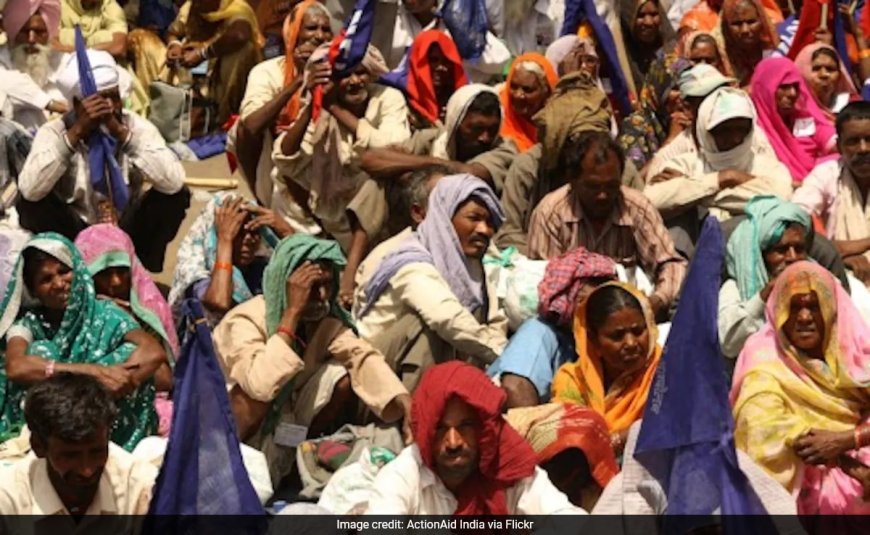Caste Census Report Submitted To Karnataka Cabinet
News by dharmyuddh.com
The recent submission of the Caste Census Report to the Karnataka Cabinet marks a significant milestone in the state's socio-political landscape. This comprehensive report is expected to impact various policies and social programs, providing a clearer understanding of caste demographics in Karnataka.
Understanding the Need for Caste Census
In recent years, there has been a growing demand for accurate data on caste populations for better representation and allocation of resources. The Caste Census Report aims to address these demands by offering detailed statistics and insights into the socio-economic status of different caste groups across the state. By evaluating this data, policymakers can implement more effective schemes tailored to meet the specific needs of various communities.
Impact on Government Policies
The submission of the Caste Census Report is poised to influence several government initiatives. The findings could lead to revisions in reservation policies, welfare schemes, and development programs aimed at upliftment. Moreover, an accurate enumeration of caste groups will enable the government to identify marginalized sections within society, ensuring that they receive the benefits they rightfully deserve.
Public Reactions and Expectations
The public response to the Caste Census Report has been mixed, with various groups expressing their views. Some communities express hope that the findings will lead to enhanced representation and a fair distribution of resources. Conversely, others have raised concerns about how the data might be interpreted and utilized. Vigilance and transparency will be imperative to ensure the outcomes serve the public interest.
Challenges in the Implementation of Findings
While the report presents a wealth of data, several challenges lie ahead in its implementation. The government must ensure that the data is utilized effectively and does not lead to further division among communities. Moreover, ongoing dialogue with stakeholders, including caste-based organizations, will be essential in shaping policies in response to the findings of the report.
Conclusion
The submission of the Caste Census Report to the Karnataka Cabinet is a significant step towards socio-economic equity in the state. As the government evaluates the report and its implications, it will be crucial for all stakeholders to engage in constructive dialogue to ensure the positive impact of this initiative.
For more updates, visit dharmyuddh.com.
Keywords: Caste Census Report Karnataka, Karnataka Cabinet Caste Data, Socio-Economic Impact of Caste Census, Caste Representation in Karnataka, Government Policies on Caste Groups, Caste-based Welfare Schemes, Karnataka Caste Demographics, Public Response to Caste Census, Caste Census Implementation Challenges








